Deborah Harkness' 6 favorite books set in the Revolutionary War era
The best-selling author recommends works by Caroline Cox, Annette Gordon-Reed, and more
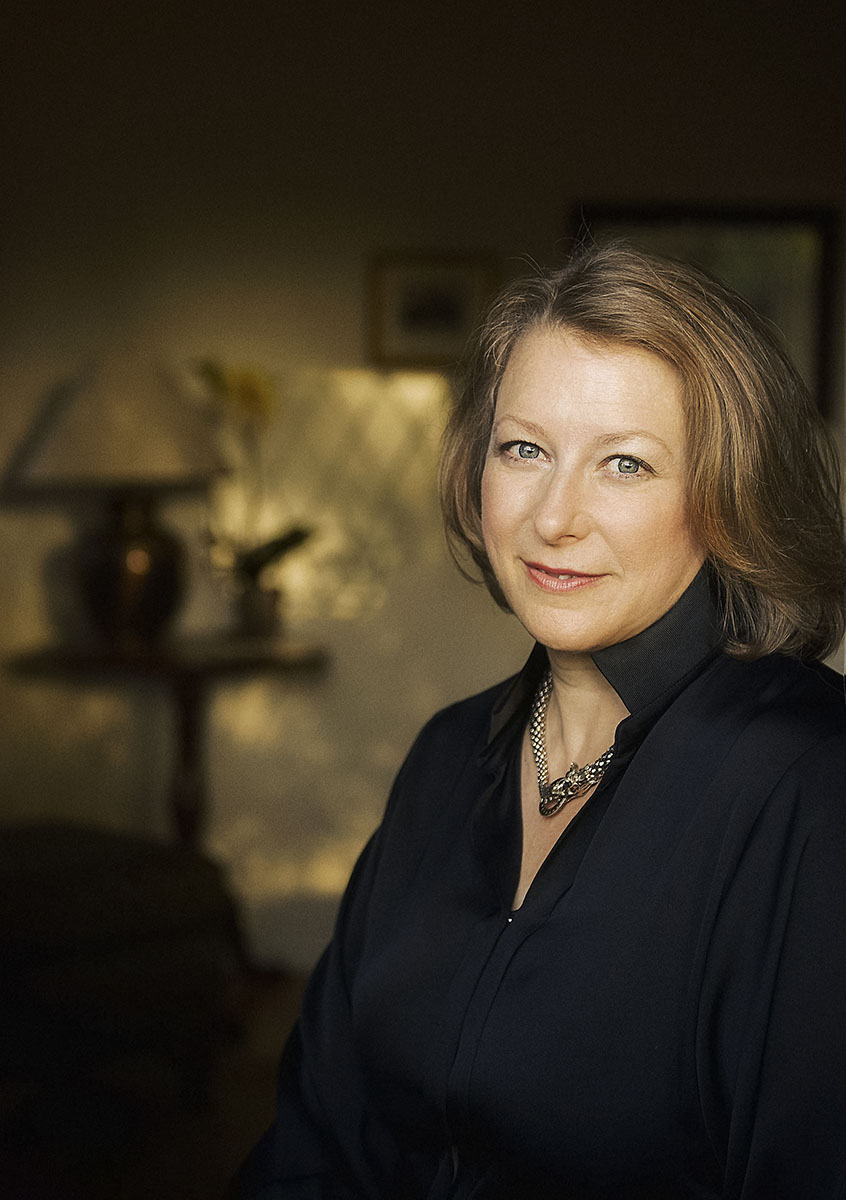
A free daily email with the biggest news stories of the day – and the best features from TheWeek.com
You are now subscribed
Your newsletter sign-up was successful
When you make a purchase through links on our site, we may earn a commission.
Historian Deborah Harkness is the author of the best-selling All Souls fantasy trilogy. Her latest novel, now in paperback, is Time's Convert, featuring a Revolutionary War surgeon turned vampire. Below, Harkness recommends nonfiction about the era.
Boy Soldiers of the American Revolution by Caroline Cox (2016).
The Week
Escape your echo chamber. Get the facts behind the news, plus analysis from multiple perspectives.

Sign up for The Week's Free Newsletters
From our morning news briefing to a weekly Good News Newsletter, get the best of The Week delivered directly to your inbox.
From our morning news briefing to a weekly Good News Newsletter, get the best of The Week delivered directly to your inbox.
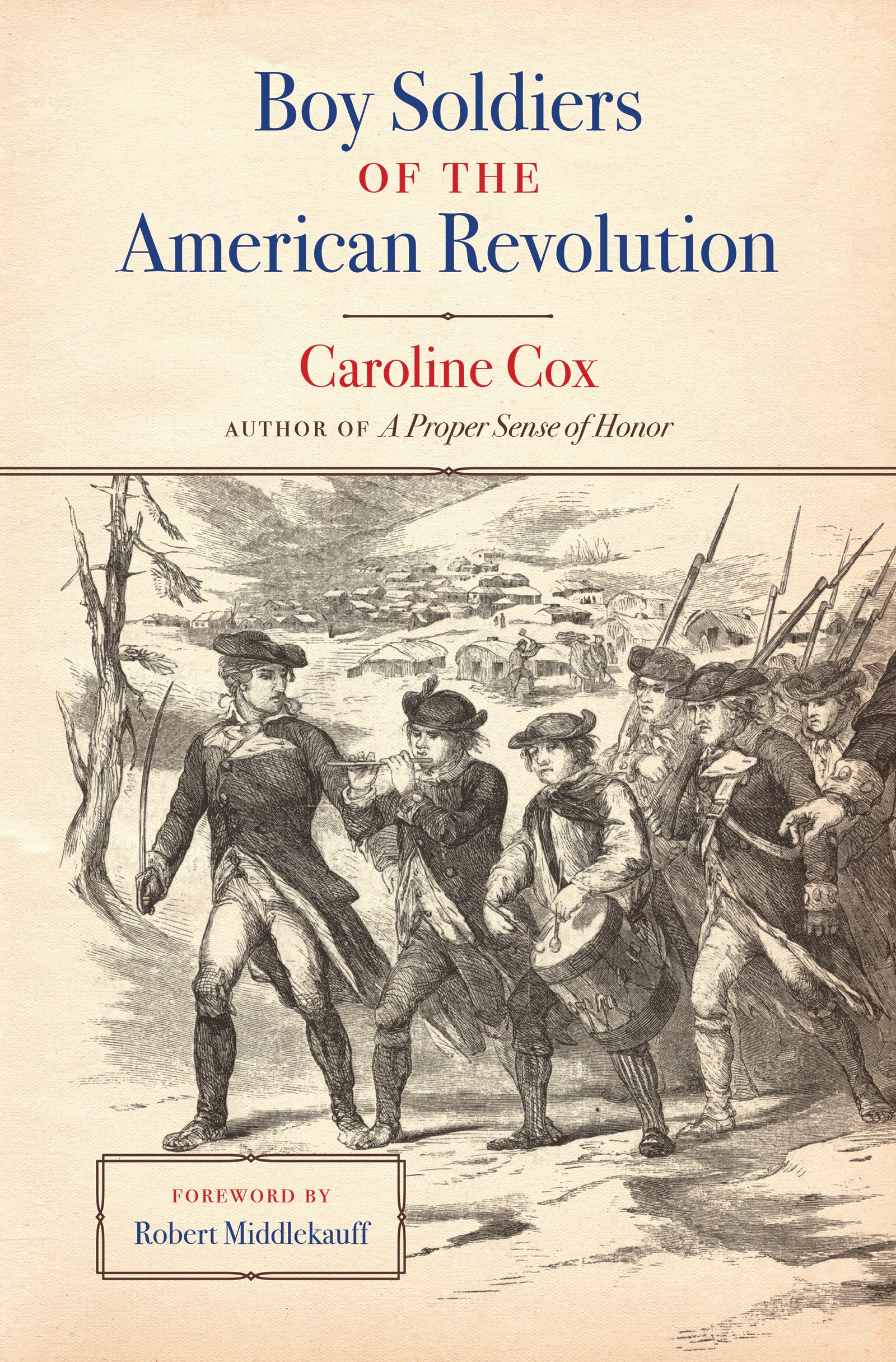
Using firsthand testimony from military pension applications, Cox's meticulously researched history illuminates the experiences of boys under age 16 — and some as young as 8 — who fought in the war for independence.
Independence Lost: Lives on the Edge of the American Revolution by Kathleen DuVal (2015).
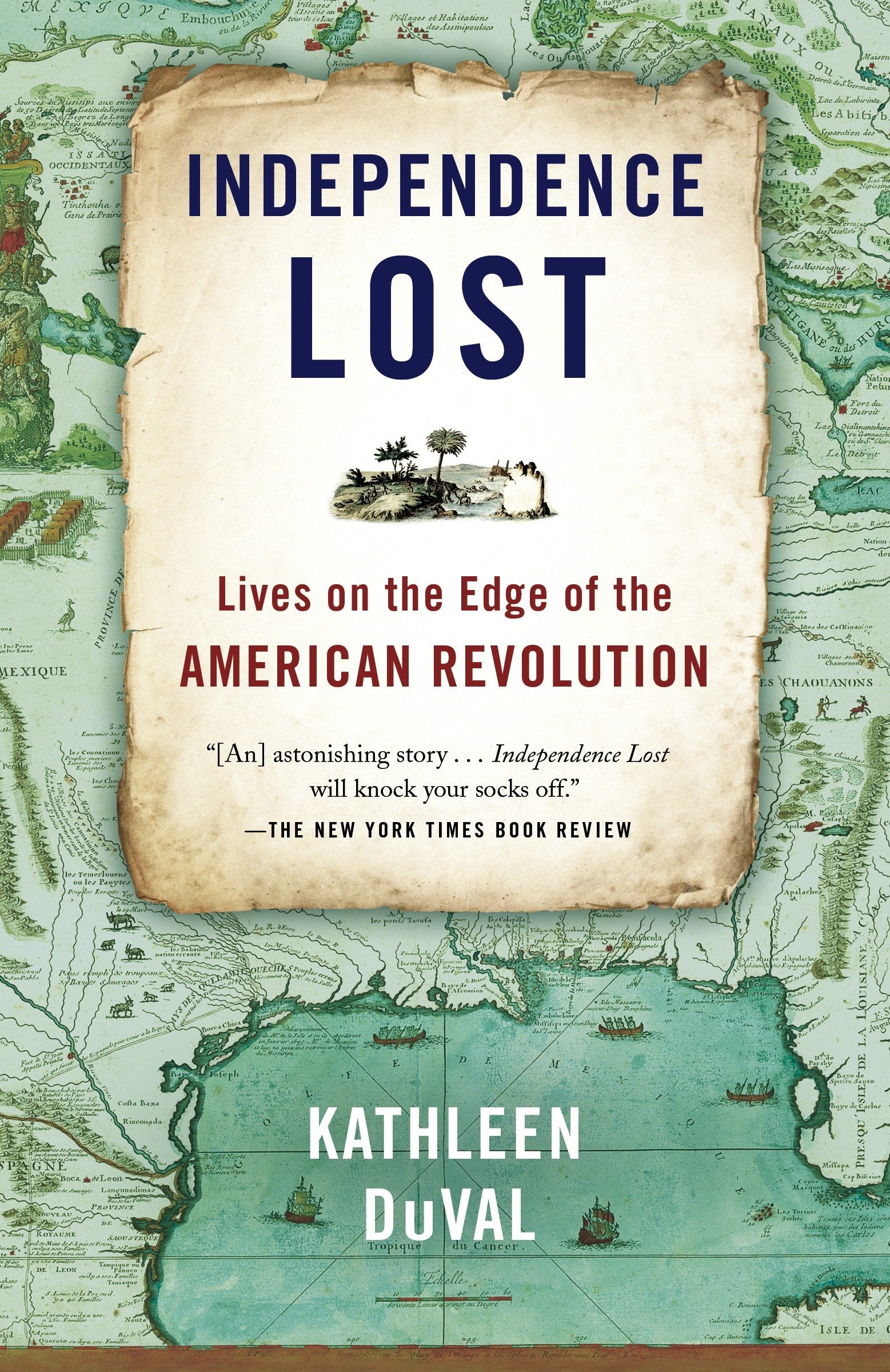
When you say "American Revolution," you don't usually think "Florida." DuVal's work shows what we are missing when we privilege New England and Virginia in our narratives of the war. It draws our attention to the Gulf Coast colony of West Florida and the experiences of slaves, women, Native Americans, and British loyalists there who had much to gain — and lose — in the struggle for independence.
The Hemingses of Monticello by Annette Gordon-Reed (2008).
A free daily email with the biggest news stories of the day – and the best features from TheWeek.com
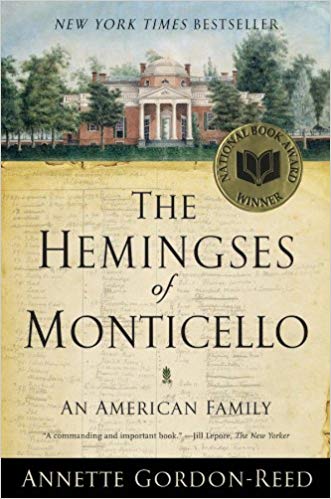
This winner of the Pulitzer Prize and National Book Award makes use of legal documents, letters, diaries, and oral histories to bring to life multiple generations of an enslaved American family. The Hemingses' relationship to Thomas Jefferson is only one part of Gordon-Reed's fascinating account.
Fugitives, Smugglers, and Thieves by Sharada Balachandran Orihuela (2018).
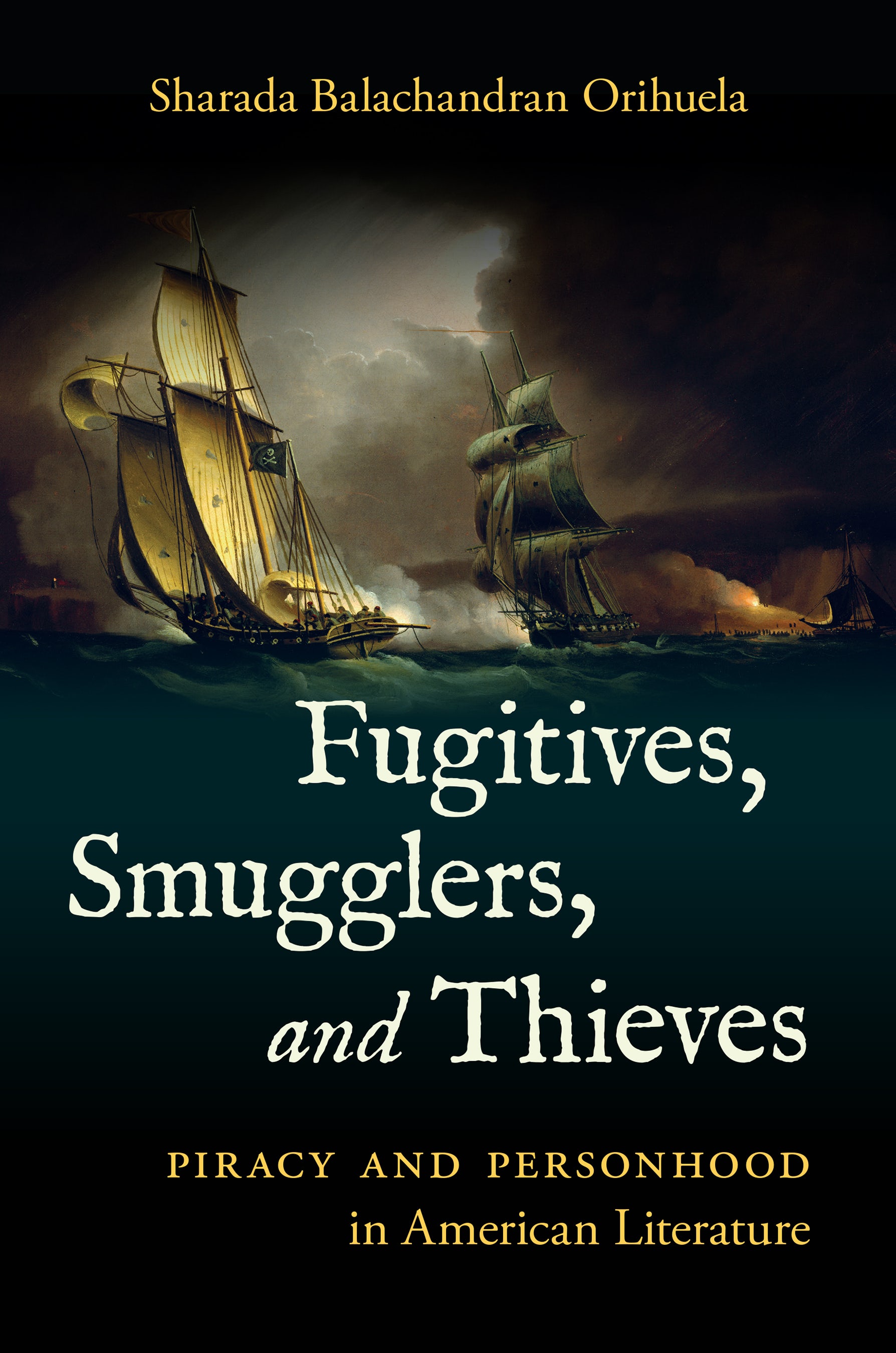
Orihuela offers a riveting argument about how men and women who existed outside the law opened up a space to conceive of community in radically different ways. Her nuanced readings of the period's literature will open up further vistas to explore.
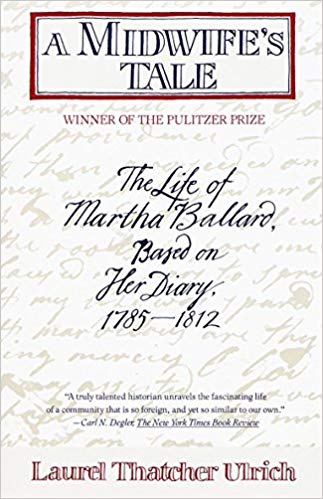
Sometimes history gets rewritten because of a single extraordinary find. Such is the case with the diary of an 18th-century Maine midwife, whose life story is told by Ulrich in another Pulitzer Prize–winning book.
The Diary of Hannah Callender Sansom edited by Karin Wulf and Susan E. Klepp (2009).
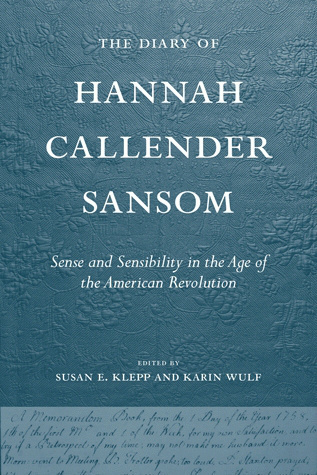
Hannah Callender Sansom was a middle-class Quaker woman in 18th-century Philadelphia, locked in an unhappy marriage at a time when women had few legal options. Wulf and Klepp not only offer a rich and detailed context for Callender's experiences but also provide a full text of her diary, so readers can gain a better sense of the period in all its complexity and shifting ideals.